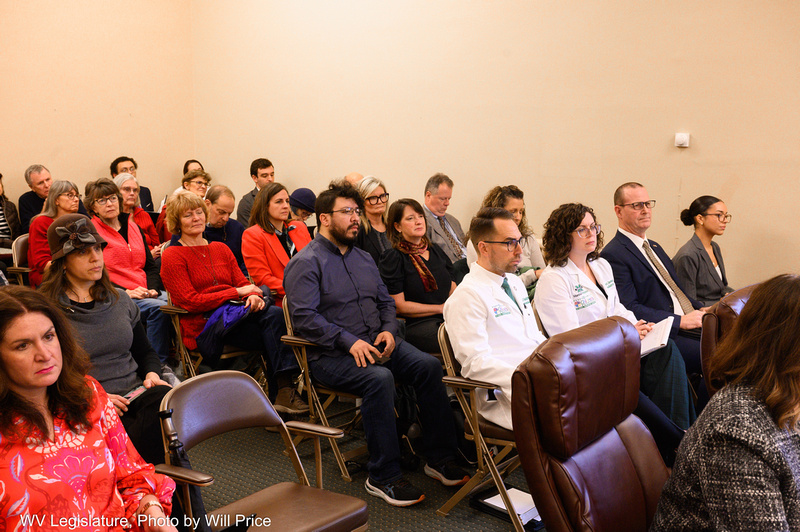Vaccine Exemptions on Trial: Senate Confronts Religious Opt-Outs for Childhood Immunizations

In a significant move addressing parental rights and public health, Senate Bill 460 has emerged as a potential game-changer for school vaccination policies. Introduced on behalf of the governor, the proposed legislation would provide a legal pathway for parents and guardians to seek exemptions from mandatory school vaccinations based on specific legal grounds.
The bill represents a nuanced approach to balancing individual freedoms with community health concerns. By allowing parents to object to vaccinations through a legal framework, SB 460 acknowledges the complex personal and philosophical considerations surrounding immunization requirements.
While the details of the legal exemption process remain to be fully defined, the bill signals a potential shift in how schools and families navigate vaccination mandates. Supporters argue that the legislation offers much-needed flexibility, while public health experts continue to emphasize the importance of maintaining high vaccination rates to protect community health.
As the bill moves through the legislative process, it is expected to spark important discussions about parental rights, medical autonomy, and the delicate balance between personal choice and public safety.

